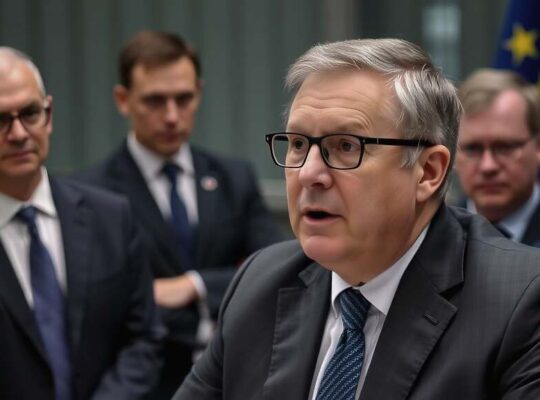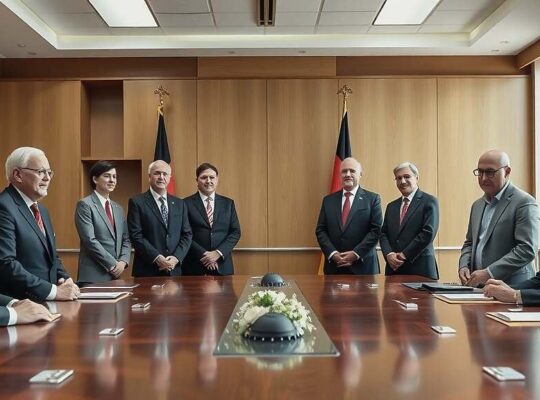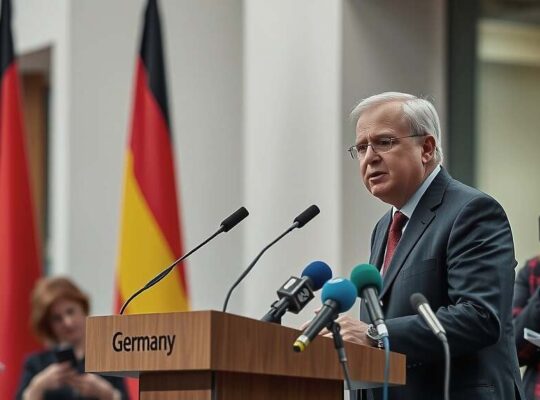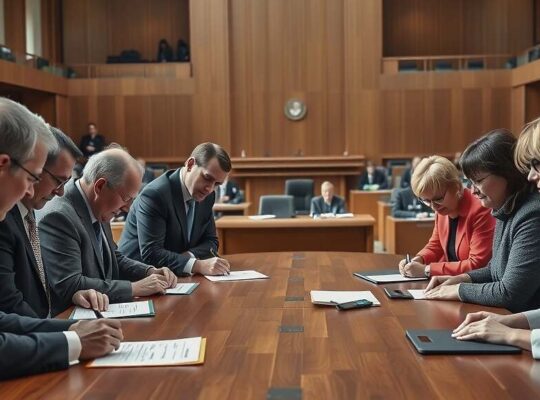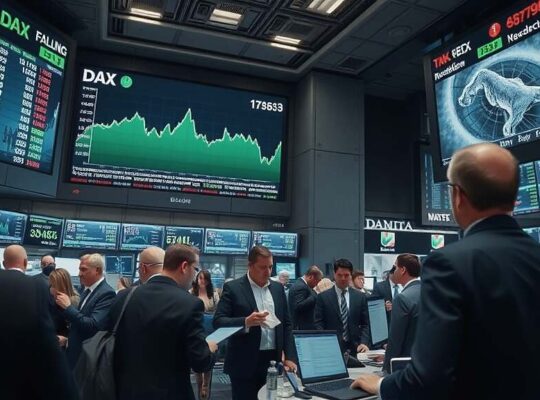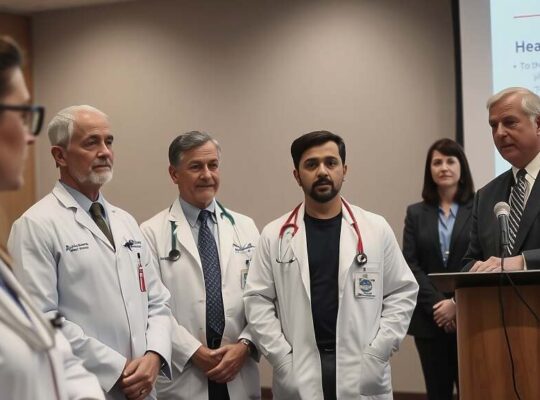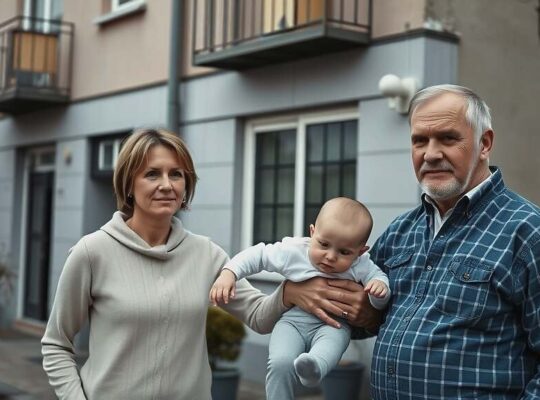The head of the German Association of General Practitioners, Markus Beier, has voiced his support for a plan by the Federal Minister of Health to reduce the number of patient-doctor interactions.
Speaking to the Funke-Mediengruppe newspapers, Beier highlighted the complexities within the German healthcare system. He explained that patients often struggle to identify the appropriate specialist for their specific medical concerns, contributing to a large volume of appointments. This high contact rate, he argued, is increasingly unsustainable given the backdrop of Germany’s aging population.
The comments follow statements made by Federal Minister of Health Nina Warken, who observed that Germans consult doctors more frequently than their counterparts in other nations. She emphasized that this high frequency does not necessarily correlate with improved health outcomes or increased longevity. Her focus is on implementing greater oversight to prevent unnecessary visits and expedite appointment access for patients who genuinely require it. Minister Warken reaffirmed her commitment to establishing a primary care physician system.
Beier reiterated his endorsement of this system, asserting that a nationwide structure where general practitioners serve as the primary point of contact could bring greater organization to the healthcare sector. He believes this approach would direct patients to the appropriate care pathways more effectively, leading to a reduction in appointments and potentially improving the quality of care. He noted that other European countries have already implemented similar models.
He specifically suggested strengthening existing voluntary programs, such as the “Hausarztmodell” which already promotes a patient-centered approach and which statutory health insurers are obligated to provide. “The federal government and Minister Warken should build on this approach and strengthen this model” Beier stated, referring to provisions within the coalition agreement. He cautioned against attempting a complete overhaul, a process he believes would be too time-consuming given the current situation.



